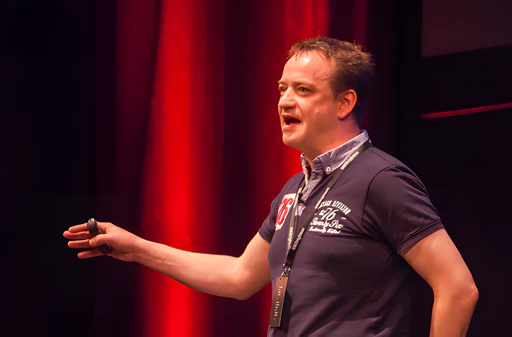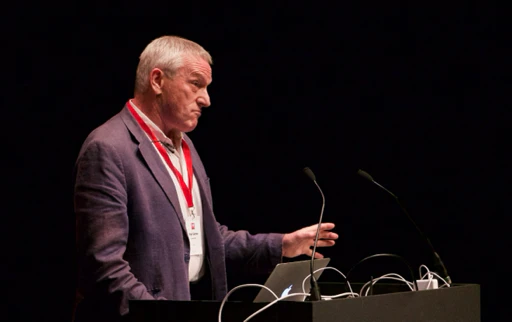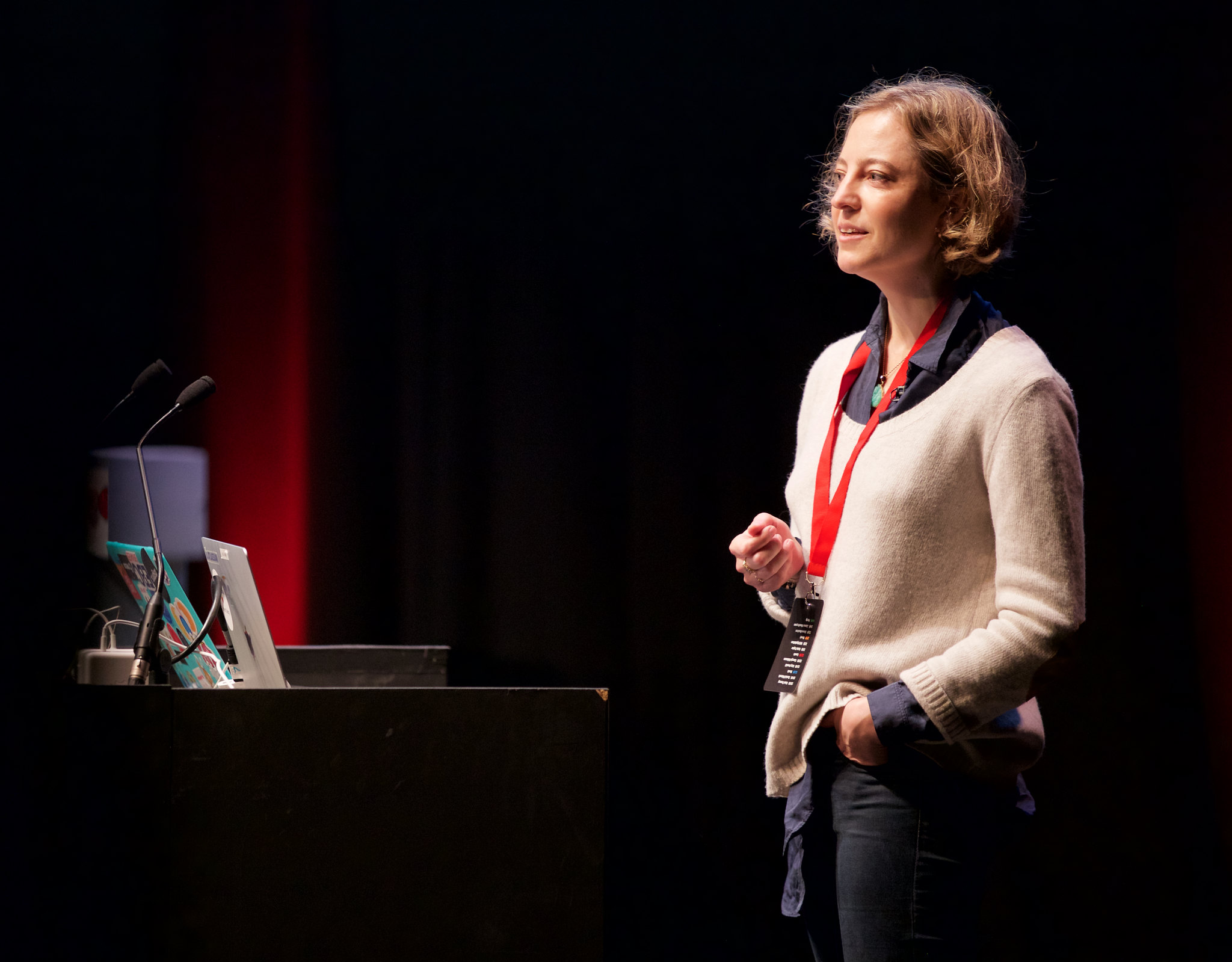The fundamentals of UX haven’t changed: find out what people need, design solutions, test them, build them. What’s changing is how we do each of these things. The number of approaches available to us is exploding – new research techniques, design tools, testing methods, ways of working. Some are genuinely useful. Some are noise.
UX Brighton 2026 is about cutting through. Our theme this year is Emerging Methods, and we’ve brought together practitioners who are experimenting at the edges and can tell you what’s actually working: which new approaches are worth your attention, which borrowed techniques translate well to UX, and which old methods are finally practical. Whether you’re a researcher, designer, or developer, you’ll leave with a clearer sense of where to focus.
Come find out what’s worth trying next.
Want to speak at UX Brighton? Schedule an informal chat to discuss your ideas. You don’t need a polished talk – we often work closely with speakers to shape ideas that fit the theme.
Interested in sponsoring? Get in touch – we offer various opportunities to connect with our community of UX professionals.
Some of the smartest, most insightful and entertaining people I’ve met. And that was just the audience. The speakers were great, too.
Mike Kuniavsky, Xerox PARC





